Celebrating the accomplishments of EDC's global Moonshot Initiative to help young people secure green jobs.
All Posts

January 16, 2020
In an age when a lot of our training is offered online, it is vital we use innovative techniques to connect with our virtual...
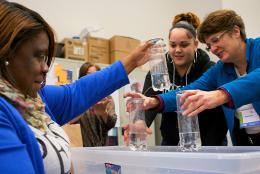
January 6, 2020
I’ve found that communities of practice are a powerful approach to fostering ongoing professional learning, promoting peer mentoring, and fueling changes in practice that support continuous improvement.
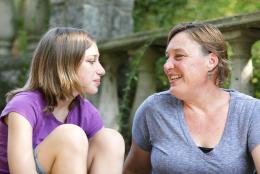
December 18, 2019
But whether you live in Massachusetts or elsewhere, you don’t have to rely on policy to protect your children from the dangers of vaping. Here are some actions you can take to keep them safe.
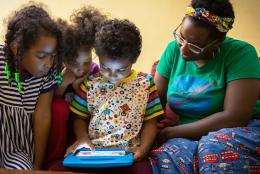
December 17, 2019
Recently, we completed a study of public educational media that helps answer the question, “Can technology really help kids make sense of their world?”, by providing new insights into how children’s on-screen activities can impact their off-screen learning.
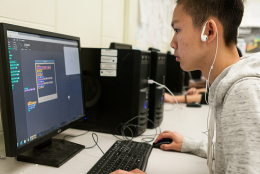
December 11, 2019
To support administrators and teachers in thinking about what whole-school integration looks like, my colleagues and I are currently developing the CT Integration Framework .
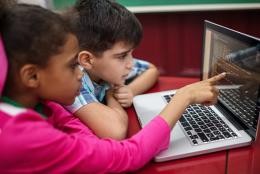
December 9, 2019
All students can learn how to code, and all students can enjoy programming a computer to do things that genuinely interest them.

December 5, 2019
It’s important for teachers to carefully intertwine support for students’ language development with their mathematical learning, and mathematics class offers many fruitful opportunities to do so.
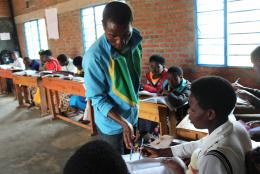
December 3, 2019
In commemoration of International Day of Persons with Disabilities (December 3), we want to showcase some examples of how EDC puts inclusivity at the heart of our work to improving educational and economic opportunities for children and youth around the world.

November 26, 2019
Across the Middle East and North Africa (MENA) region, learning assessments indicate that children in early grades tend to master lower-order reading skills, such as letter recognition, but struggle with higher-order skills, such as reading comprehension.
